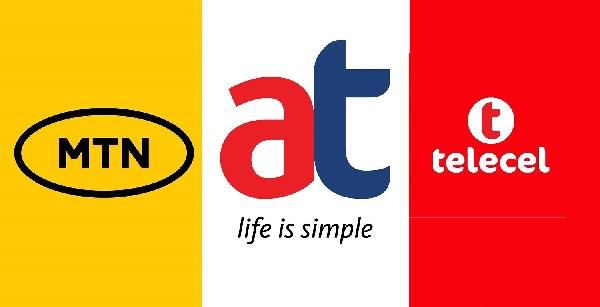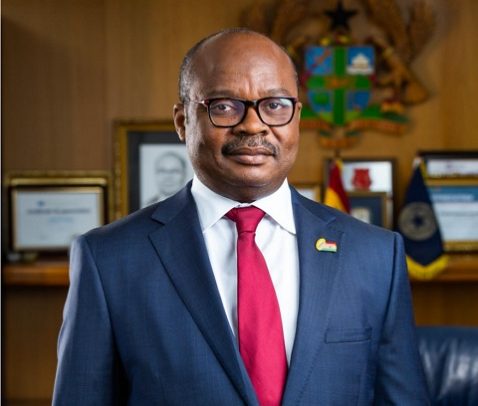
The Minister for Communication, Digitalisation and Innovation, Samuel Nartey George, has issued a stern directive to the nation's mobile network operators, demanding substantial enhancements in service quality by 31 December 2025.
According to the directive, failure to comply will result in stringent financial penalties, with a notable 40% of such fines earmarked for direct compensation to affected consumers, potentially through bonus data or call-time credits .
This ultimatum was presented during a high-level meeting on Friday, 30 May 2025, involving the chief executive officers and technical teams of Ghana's primary telecom providers—MTN, Telecel, and AT. Minister George criticised the ongoing subpar service experienced by subscribers, particularly in rapidly expanding urban areas and key regional towns, despite significant infrastructure investments.
“We are not doing sentiments. We are doing engineering,” he asserted, adding, “If you have infrastructure in place but your service is poor, we must begin to take regulatory action.”
ALSO READ: Your Weekly Pulse: Top 5 news stories in Ghana you may have missed (26 – 30 May)
The meeting also featured a presentation by the National Communications Authority (NCA), based on a performance assessment conducted in 48 localities across the country. This study, prompted by escalating public complaints, evaluated four key performance indicators: 3G Coverage, Call Setup Time (CST), Mean Opinion Score (MOS) for call quality, and 3G Data Throughput. The findings revealed concerning inconsistencies in network performance across all three operators.
Minister George, who also serves as the Member of Parliament for Ningo-Prampram, highlighted problematic areas such as Amasaman and East Legon, where service quality has deteriorated despite broader network coverage. He noted that parts of Accra are experiencing network “blackouts” and substandard 4G performance.
A comprehensive nationwide service quality test, encompassing all district capitals, is scheduled to be conducted by the NCA in the third quarter of 2025. Based on its findings, the government will take “decisive action” if no significant improvements are observed.
In a significant policy shift, the minister announced that 40% of any fines imposed on non-compliant telecom companies will be allocated directly to affected customers, likely through data or call-time bonuses.
In the short term, operators have until 30 June 2025 to complete the acceptance process for newly allocated spectrum. They are expected to commence deployment immediately, with visible improvements in service anticipated by the end of December.
ALSO READ: Top 10 richest kings in Africa 2025
“We know you can’t complete upgrades in three months, but we must see that the process has begun. The Ghanaian people must feel the impact of the spectrum rollout by the end of this year,” Minister George emphasised.
In response, telecom executives outlined their strategies to address service quality concerns:
MTN Ghana CEO Stephen Blewett revealed a $230 million investment in 2024 aimed at strengthening the company's network and IT systems. Plans include launching 300 new franchise outlets, hiring 400 new staff, and introducing secure self-service tools for SIM swaps and PIN resets.
Telecel Ghana COO Mohamad Ghaddar emphasised ongoing network optimisation and customer service improvements. The company currently operates over 400 retail shops and plans to add 100 more. Ghaddar also reaffirmed support for customers with special needs and welcomed regulatory engagement.
ALSO READ: Here’s why MTN has suspended the data zone bundle
AirtelTigo (AT) CEO Leo Skarlatos stated that significant network upgrades are underway and should be “clearly visible” by the first quarter of 2026. He invited stakeholders to witness the improvements early next year.
Beyond service delivery, the minister addressed the issue of data pricing. He recalled the formation of a committee in February 2025 tasked with crafting a strategy for gradual reductions in data costs. The focus, he explained, would be on offering more value to consumers rather than immediate price drops, in order to protect market stability and ongoing infrastructure investments.
The minister's directive signals a bold new phase of regulatory oversight, aimed at ensuring that telecom providers deliver reliable, high-quality services that meet the demands of Ghana's growing digital economy.
Read Full Story






















Facebook
Twitter
Pinterest
Instagram
Google+
YouTube
LinkedIn
RSS